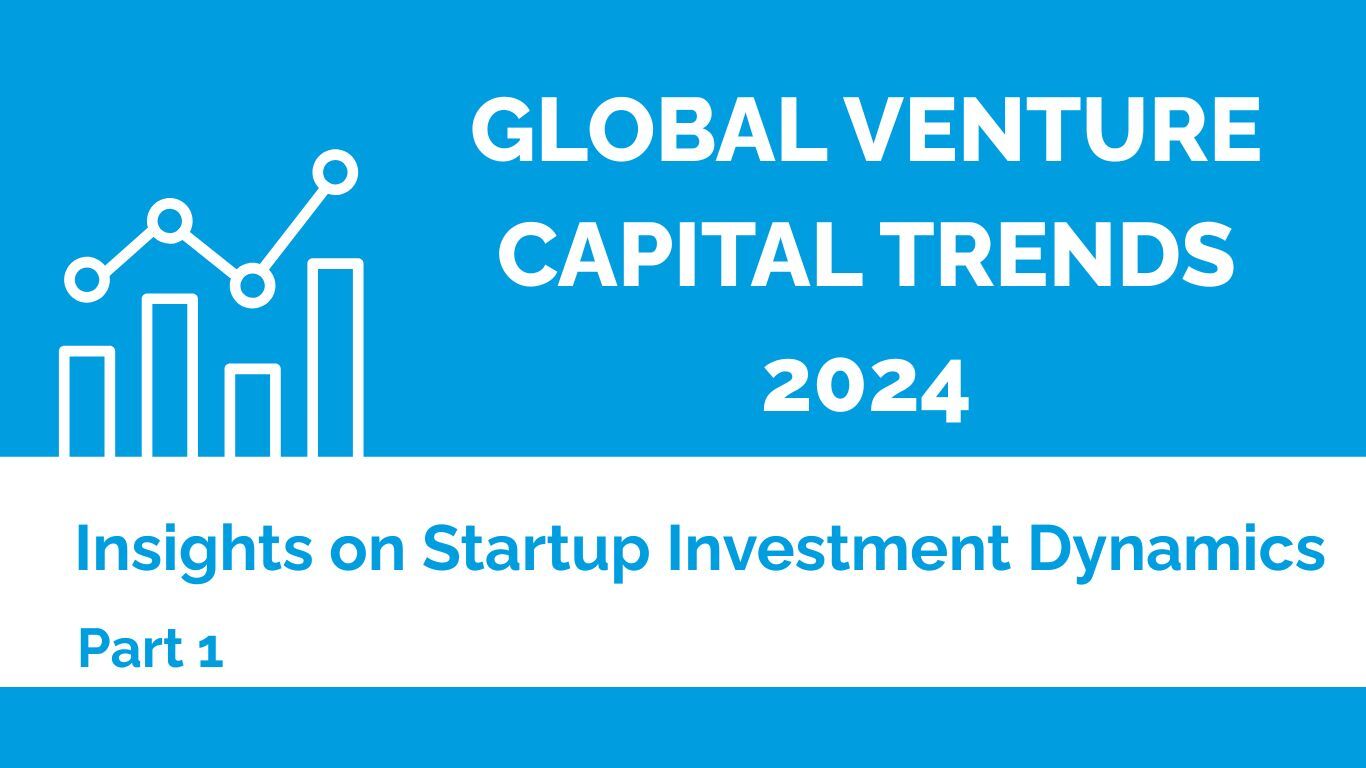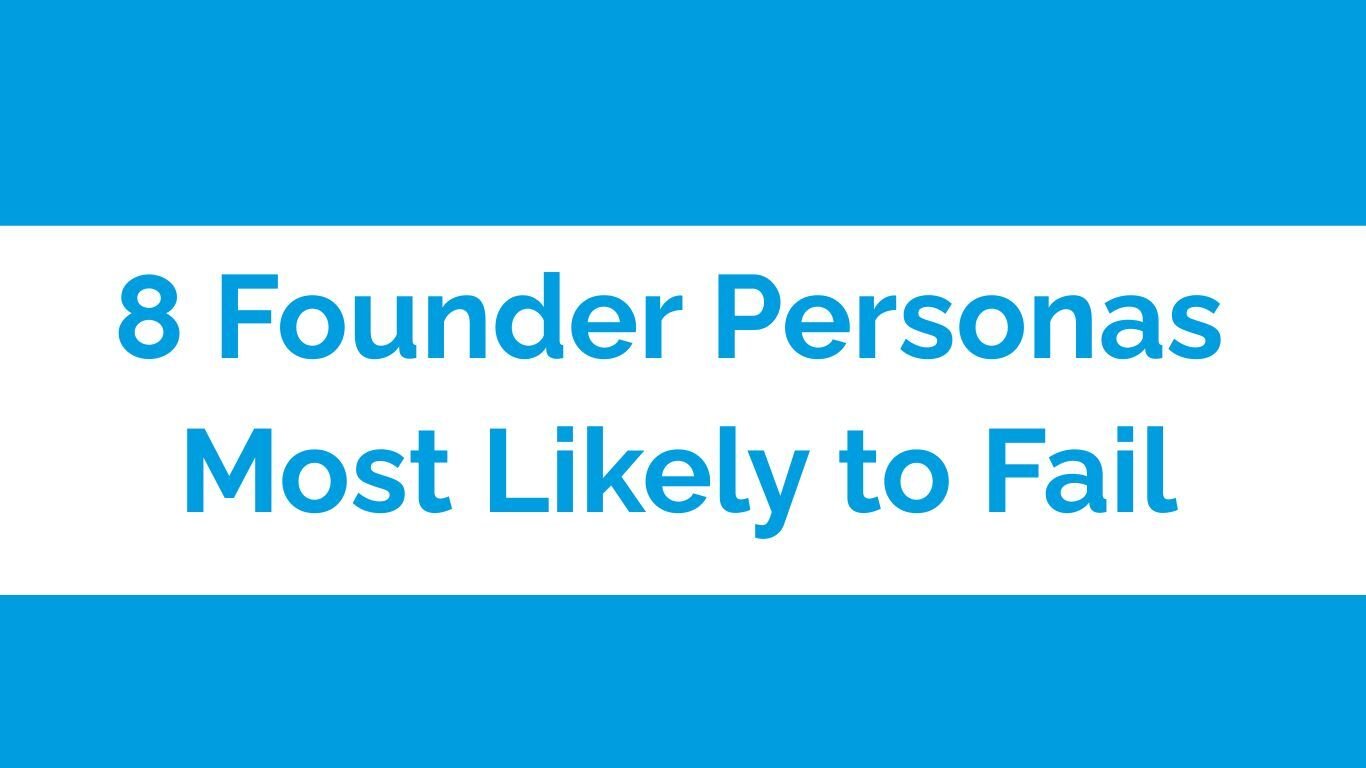Our CEO and founder Eric Weber shares his latest analysis, giving you insights into what’s happening in the startup and venture capital world - globally, nationally, and at the regional level. This is the second part. Check out the first part here.
Having covered the international perspective in our last article, we now dive into national and regional developments, offering a closer look at the dynamics that directly impact founders, startups, and ecosystems in Germany.
NATIONAL - TREND REVERSAL IN STARTUPS AND VC VOLUME?
Expectations fulfilled - more startups: the last Trend Report predicted an increase in the number of startups in Germany. And indeed, with 2766 startups, 11% more were founded last year than in the previous year. A part that has been decreasing for years is cooperating with larger companies (37.5%).
More VC for less Startups: The positive market trend in Germany continued in the second half of 2024, making it the third most successful year of the last decade in terms of VC investment volume at around EUR 7 billion for the year as a whole. However, the global trend also shows that this is primarily driven by larger mega-rounds and that the total number of financing rounds is decreasing. The problem is that the number of smaller financings of less than EUR 5 million in particular has fallen by more than 20% to 436 deals, which could lead to a lack of a pipeline of fast-growing startups in the long term.

US VCs invest more money in Germany than German VCs: around 30% of the funds invested come from the USA and this even exceeds the proportion of German investors (28%). Both figures have fluctuated around 30 % (+/- 5 %) for years. The proportion of investor funds from the EU was 17% last year, around twice as high as that from the UK (8%). Nevertheless, the business climate indicator for German VC investors has been rising steadily since the end of 2022 and is about to turn positive again for the first time since the slump, even if exit opportunities and the quality of deal flow as well as the interest rate level could still be seen as rather negative.
Bavaria again ahead of Berlin: Around two decades ago, Munich was once the startup stronghold of Germany - even if it was called something else back then and disappeared with the dotcom bubble. However, with the widespread of e-commerce, marketplaces and FinTech, Berlin was able to position itself as the unchallenged leader in VC activities for many years. But this is changing again. Driven by the current trend towards high-tech/deep tech, the strong research location of Bavaria attracted more VC than Berlin for the first time in years.
Worth mentioning here are the financing rounds of the armaments startup Helsing in July with €450 million as well as eGym (€185 million, September) and SpaceTech The Exploration Company (€148 million, November). Surprisingly, none of the 10 largest financing rounds in 2024 came from Berlin.
However, measured against GDP, investments are still too low: Especially in comparison with the Anglo-Saxon region, a tripling would be necessary to achieve comparable factors. Venture debt is on the rise as an instrument: What was already evident globally at the half-year mark is now also confirmed in the figures for Germany. At 43 transactions, the second-highest figure since the emergence of this relatively new financing instrument was recorded.
More Technology: Over 55% of startups state that they received support from universities during the process. As many as 11.4% of startups bring new scientific findings and technologies to the market (DeepTech). This is also one of the greatest potentials for the German economy, because while expenses on Research & Development, scientific publications per capita and patents per capita are still comparable with the USA, there are significant gaps in commercialization and scaling:
REGIONAL – TOO SMALL CAPITAL
Connection missed: sounds like Deutsche Bahn, but it is also suitable for VC Volumina in the central German states, e.g. Lower Saxony. Unfortunately, the gap to the leading federal states remains huge, partly because successful fundraising companies such as sunfire (Dresden) and CargoBeamer (Leipzig) are no longer startups due to their age.
Against the national trends less Startups in Saxony? While more startups were founded in most federal states, e.g. in Lower Saxony (152/141), Thuringia (27/12), Saxony-Anhalt (22/17), only 77 instead of 91 startups were founded in Saxony. However, the long-term development according to StartupDetector data is also interesting. This shows a certain continuity, with statistical fluctuations.

STARTUP FOUNDATIONS

Current Trends and Recommendations
Following this, we present a summary of current trends and share expert recommendations for both corporates and startups.
Key Trends:
- A slight increase in total VC volume globally and in Germany, despite a declining number of VC transactions and exits.
- Startup founding activity in Germany is on the rise.
- AI startups account for a high share of overall financing, signaling a general increase in market concentration in certain sectors.
- Financial instruments like secondaries and venture debt are becoming more widespread.
VC Status:
- VC volumes are slightly increasing, but deal numbers continue to fall
- Europe is gaining relative attractiveness compared to other regions.
Forecasts:
- Risk of market overheating in selected sectors.
- VC fund returns are under pressure due to high valuations.
- Many potential fund investors are overallocated to the VC asset class.
Our Recommendations
For Corporates:
- Strengthen venture clienting as a form of collaboration with startups.
- Explore entry opportunities through secondaries.
- Extend the runway of existing portfolio companies and plan for internal financing rounds; actively review exit options.
- Consider a Go/Stay Europe strategy: high valuation levels and market concentration in the U.S. increase the risk of misallocations.
For Startups:
- Focus on revenue-generating opportunities.
- Watch out for potential “zombie funds” — ask directly in initial conversations whether currently active funds have capital available.
- Reduce valuation expectations







/RootCamp_Logo-Ecosystem.png?width=200&name=RootCamp_Logo-Ecosystem.png)
/Bitroad_Logo-Ecosystem.png?width=200&name=Bitroad_Logo-Ecosystem.png)



/White%20Versions/stadt_leipzig_white.png?width=130&name=stadt_leipzig_white.png)
/lfca_white.png?width=119&name=lfca_white.png)

/White%20Versions/sachsen_signet_white.png?width=65&height=79&name=sachsen_signet_white.png)